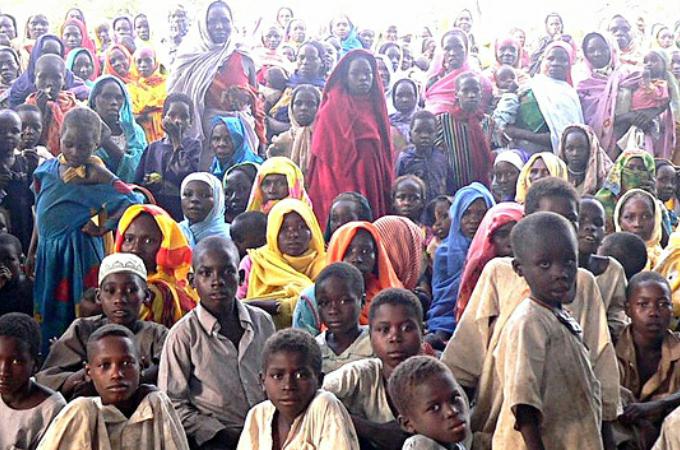Need and gift matched for a refugee
Not too long ago, a 15-year-old refugee from Eritrea was found walking along the side of a road in Hampton, England.
Just another statistic, perhaps, representing a microcosm of an enormous problem, a worldwide conundrum encompassing millions and millions of people who have been displaced by war, famine, tyranny. It's a refugee problem worse than anything since the end of World War II, and most of us have seen that only in history books.
This young man, however, is more than a figure in a news story to me, more than a picture amid the gray, demolished buildings of a war-torn country.
Because right now, at 18 years old, he's living in the guest room of a lady I know in London. And because of that, he has become a real person to me and a lesson in what charity and stewardship are all about.
Eritrea is not exactly a household name to most Americans. It's not Syria or Afghanistan or even the beleaguered city of Aleppo, with which we're painfully familiar despite the fact that a third-party candidate in this year's presidential election couldn't recollect what "Aleppo" was.
No, Eritrea is one of those out-of-the-way places the 24-hour news cycle often ignores. So here's a brief summary: In 1993, Eritrea won independence from Ethiopia, a country which now lies directly to its south. To the west of Eritrea is Sudan, and right across the Red Sea lies Saudi Arabia. I love geography, but I readily admit I had to consult a map to figure this out.
The young man wandering about in Hampton was the youngest of four children. His parents had seen their three older kids conscripted by the military.
Eritrea has a repressive regime awash in human rights violations, among them mandatory conscription into the military with no exit date. Forced labor and disappearances are part of military service. The three older children have disappeared without a trace.
The parents, desperate to save at least one of their children, used the mysterious modern networks of escape to send their youngest child away.
"Hand off to hand off," was the way my friend in London described it.
After being found in Hampton, British social service agencies took over, and eventually sought a placement for this young man.
My friend, in the meantime, was conducting a spiritual gifts assessment workshop for a Catholic parish in England. As part of her preparation, she challenged herself to review what her own gifts were.
"I thought to myself, one of my gifts is my spare room," she said.
In the mysterious ways of God, need and gift were matched. But which, we might ask, was the need and which was the gift? Again, God's mystery.
Now, until the young man is ready to move into the British university system, he occupies that bedroom. My friend says, modestly, that it requires small sacrifices, like remembering not to amble down to make morning coffee wearing only her pajamas.
The real sacrifice -- sacrificial giving, in the parlance of Catholic stewardship -- was made by his parents, she said. They will never see their son again. But their sacrifice gave him life.
The young man is an Orthodox Christian, and when asked by his caseworker who he can talk to when he needs help, he replied, "God."
Lest I think him overly pious, however, my friend says he has embraced the British club scene and is making friends readily.
What choices we face. Do we embrace walls and barriers? Or do we see an empty room as a gift and fill it?
- Effie Caldarola is a columnist with the Catholic News Service.



















